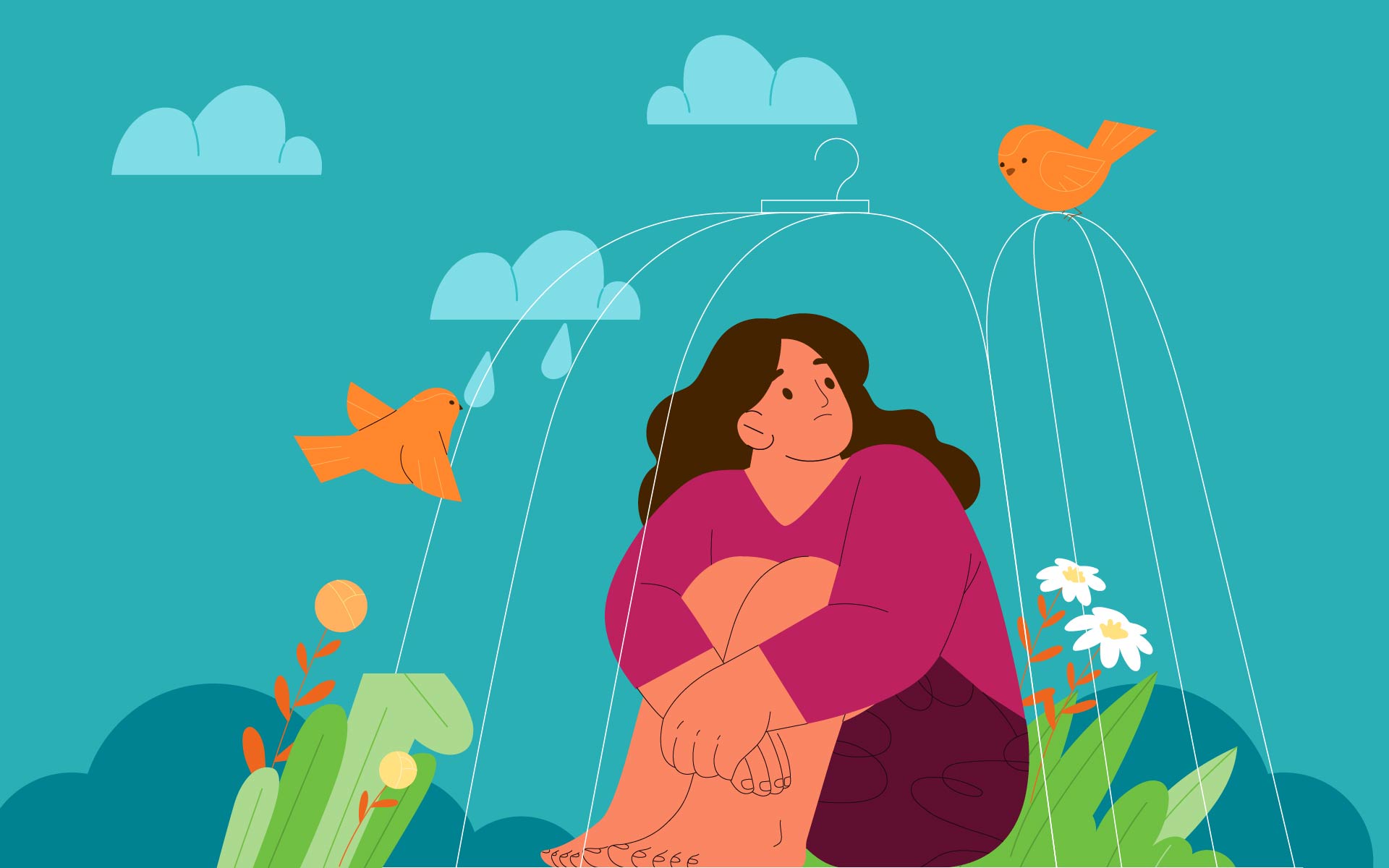As interest in mindfulness grows, and programs and research projects follow apace, critiques grow too. A common critique we hear is that mindfulness is just a quick fix for reducing stress. It doesn’t ask us to look for root causes of stress. For example, this criticism posits that if your employer is asking you to work overly long hours and meet impossible deadlines, the mindfulness teacher hired by the company will simply tell you, “Oh, it’s your fault you’re stressed out. Take a few deep breaths, notice what’s going on in your mind, let go, and you’ll be fine.”
But this critique—most strongly heard in Ron Purser’s recent book McMindfulness—is a classic straw man: It paints a vivid picture of people doing wrong in order to hurl brickbats at them, without saying exactly who’s being talked about and when and how they offended. It’s not supported by a lot of evidence of the work of actual mindfulness teachers.
Yes, there are bad mindfulness teachers, and bad mindfulness apps, and probably there are a growing number of both. So let’s continue the work of setting and upholding standards that help you distinguish superficial (and even counterproductive) “mindfulness” from something that can make a real difference in your life when offered with an appreciation for your unique circumstances.
Fortunately, there are already many good mindfulness teachers and good programs, and the ones we promote at Mindful would not encourage anyone to ignore root causes, to simply accept the status quo and use meditation to “uh, get used to it, buddy.”
In the hands of good mindfulness teachers, mindfulness opens the door to deeper inquiry and insight.
In fact, in the hands of good mindfulness teachers, mindfulness opens the door to deeper inquiry and insight. Using the steadiness of mind and the lower reactivity that arises from simple mindfulness practice, we investigate. We look at causes, context, conditions. We develop a rounded picture that can lead to change.
For example, a number of mindfulness teachers encourage the use of mindfulness to notice and investigate unconscious bias and to do deep listening. For a long time, mindfulness has been used in service of improving our ability to have difficult conversations, as evidenced by the recent work of Oren Jay Sofer (author of Say What You Mean) and Lili Powell at the University of Virginia’s Contemplative Sciences Center.
People teaching mindful leadership, such as Janice Marturano, Rich Fernandez, and Jeremy Hunter, ask their students to probe for underlying values that are their own—not ones simply supplied to them by their employer. They engage students in discussions that investigate with curiosity the causes of pain: personal pain, shared pain, organizational pain.
In addition, most mindfulness teachers introduce kindness and compassion practices that emphasize our intimate connection with others, as opposed to focusing purely on ourselves. And teachers like Jud Brewer and Hugh Byrne offer lots of good instruction and advice about changing deep-seated habits. They are not blaming or guilting us for having our habits, as some critics suggest. They are simply unpacking the process of habit formation and supplying us with tools to make new choices.
In short, authentic mindfulness teachers do not avoid urging students to probe for deeper causes and ills, and they do so in a way that is constructive and creative. They do that because they believe that mindfulness can be a helpful ally in the quest we all have to reduce the deepest forms of stress and harm. It’s a we thing, not a me thing.
M
How We Learn To Observe Our Own Biases
Mindfulness is often taught to and by middle-aged white women, but some of the most intense and interesting work is being offered to diverse and disenfranchised communities—bringing our cultural and class biases out into the open.
Read More
Mindfulness Wants You to Get Real With Yourself
Mindfulness is not about accessing bliss—it’s about tamping down on the temptation to opt out of the unpleasant and only seek the pleasant. The result? A healthier relationship with your thoughts and your emotions, no matter what comes your way.
Read More









